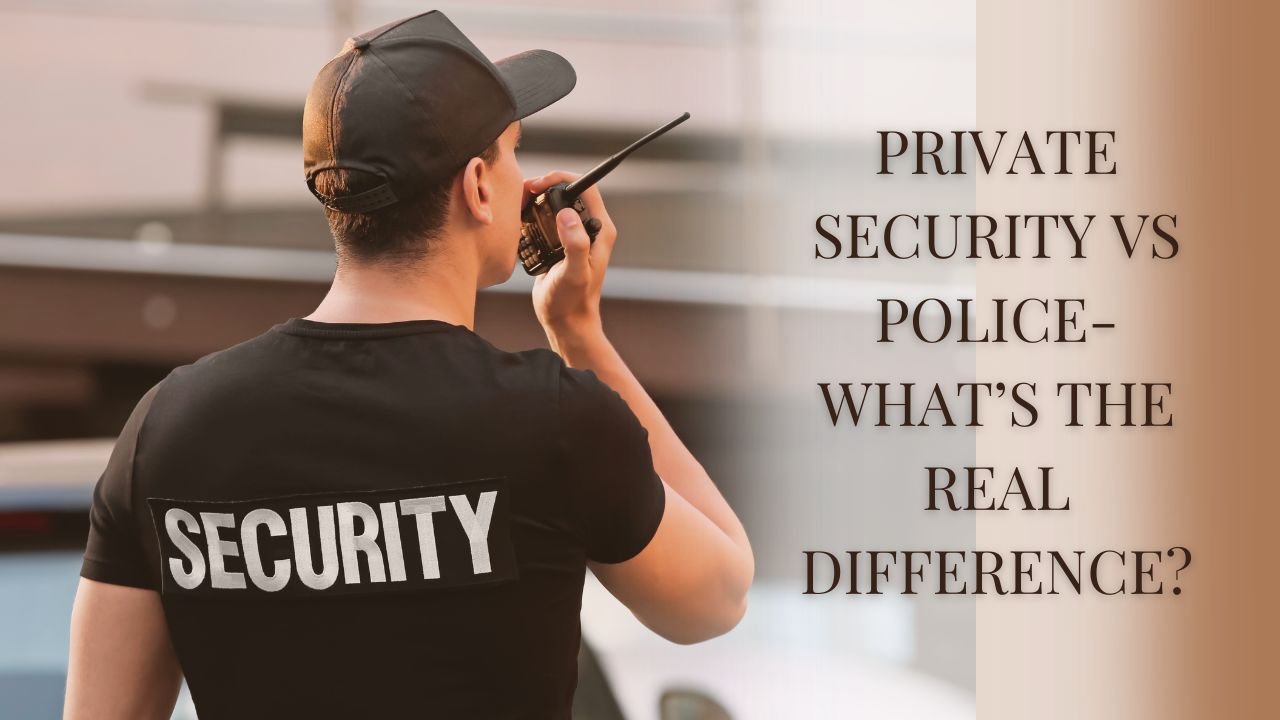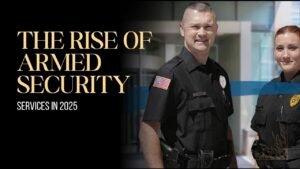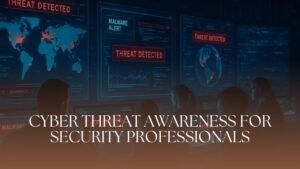In the broad world of safety and enforcement, two types of professionals often get lumped together: private security and police officers.
While both work to protect people and property, the roles, authority, training, oversight and objectives of each are significantly different.
Understanding those distinctions helps organizations and individuals make smarter decisions about who to hire, when to call the public force, and how to interpret what each can legally and practically do.
Defining the Players
1. What Is a Police Officer?
A police officer is a sworn government official employed by a city, county or state agency. Their jurisdiction covers public streets, neighborhoods, and the broader community.
They have the authority to enforce criminal law, make arrests, initiate investigations, carry firearms (in most jurisdictions), and respond to emergency calls.
Their accountability is to the public and to legally established standards of conduct and oversight.
2. What Is Private Security?
Private security includes individuals or firms hired by private organizations, businesses, residential associations or individuals to protect specific property, assets or people.
Security officers may patrol, monitor surveillance systems, act as deterrents, escort visitors, respond to alarms, and in some cases detain or restrain individuals until law enforcement arrives—but they typically do not have the full legal powers of police officers.
Their accountability is contractual, and their authority is determined by license, training and the site they serve.
Key Differences at a Glance
| Dimension | Police Officers | Private Security |
|---|---|---|
| Employer & Funding | Government agency (city/county/state) | Private company or individual, paid by client |
| Jurisdiction | Entire public community within defined political boundaries | Specific property, facility or contract location |
| Legal Authority | Full law-enforcement powers (arrest, search warrants, etc.) | Limited authority (usually citizen’s arrest, detention) |
| Training & Certification | Academy training, law enforcement certification, state licensing | Varies widely by state and company, often less extensive |
| Accountability / Oversight | Subject to laws, civil rights standards, public scrutiny | Contractual obligations, licensing boards, less public oversight |
| Primary Objective | Uphold criminal law, serve public interest | Protect client’s assets, safety of specific people/property |
Why These Differences Matter
1. Authority & Enforcement
One of the biggest misunderstandings is around power: a police officer can pull someone over, issue tickets, conduct searches with a warrant, and arrest for criminal offenses.
A private security officer cannot typically do those legally unless special circumstances or contracts apply. The scope of power determines what each can legally handle before the police must step in.
2. Scope of Responsibility
Police serve entire communities—including neighborhoods, city blocks, traffic zones, public safety emergencies. Private security serves defined contracts—a mall, a corporate campus, a gated neighborhood.
Their mandate is narrower. While police might investigate a shooting across several blocks, private security might handle an alarm response within a mall and call police for the big escalation.
3. Training, Oversight, and Public Accountability
Police academies often require hundreds of hours of training in operations, firearms, self-defense, legal issues and community relations. Private security training varies dramatically: some firms invest heavily; others provide minimal instruction.
In terms of oversight, police departments are subject to audits, internal affairs investigations, public records laws and accreditation.
Private security firms are regulated by state licensing boards—but oversight tends to be less visible. This difference affects consistency and public trust.
The Market Reality & Scale
- In the U.S., there are over 1.1 million private security guards compared with roughly 666,000 sworn police officers.
- Private security spending outpaces public policing in many contexts, reflecting increasing demand for protective services outside traditional law-enforcement models.
- This scale shift underlines that while police remain central to public safety, the private security industry is a major and growing player—sometimes filling gaps, sometimes operating alongside public forces.
When to Use Private Security vs When to Call Police
- Use private security: For property access control, event crowd management, alarm response, patrol of defined areas, loss prevention, property escort services.
- Call police: For criminal investigations, traffic stops, emergency response (shootings, major assaults, large-scale public disorder), rights enforcement, public jurisdiction beyond private property.
Deciding when to engage each depends on risk, legal jurisdiction, cost and desired outcome. Misunderstanding these boundaries can create liability or security gaps.
Collaboration & Blurred Lines
The line between police and private security is sometimes fuzzy:
- Some private firms employ former police officers with experience in law enforcement.
- Some campuses or private facilities have “company police” with sworn powers under special statute.
- Partnerships exist: private security often liaises with police departments for incidents, surveillance, event coordination.
But despite overlap, significant differences remain in authority, accountability and public mission.
Advantages & Limitations
1. Advantages of Police
- Broad authority and emergency response capacity
- Deep training, legal backing, multidisciplinary resources
- Public accountability and standardized oversight
2. Limitations of Police
- Resource limitations and personnel shortages
- Broader mandate may reduce focus on specific properties or clients
- Costlier per hour than private contract services
3. Advantages of Private Security
- Flexible, targeted services tailored to property/client needs
- Often faster deployment for non-emergency issues
- Cost-effective for defined risk zones
4. Limitations of Private Security
- Limited arrest/search powers and public authority
- Training & oversight standards vary widely
- Risk of service gaps when public law enforcement is required
Understanding the difference between private security and public police is essential for both organizations and individuals today.
While both aim to keep people safe, they operate under different authority levels, responsibilities, scopes, training standards and oversight mechanisms.
Police serve the public interest across broad jurisdictions with enforceable powers; private security offers tailored protection within contractual boundaries.
In a world where safety needs are evolving and budgets are tight, both sectors matter. Private security can fill gaps and bring flexibility; police remain indispensable for enforcement, legal authority and community protection.
Recognizing when each is appropriate—not assuming they are interchangeable—is the key to making smart, effective safety decisions in our 21st-century environment.
FAQs
Can private security officers make arrests like police?
Only under limited conditions. Most private security personnel can perform citizen’s arrests on private property, but they usually lack full law-enforcement powers such as issuing warrants or patrolling public streets.
If I hire private security, will the police still respond to incidents?
Yes. Private security complements, but does not replace, law enforcement. In serious incidents (violent crime, public disorder), police retain jurisdiction and must be called.
Which industry requires higher training — police or private security?
In general, police training is more extensive, standardized and regulated by public statute. Private security training is highly variable, depending on state licensing and individual firms.




